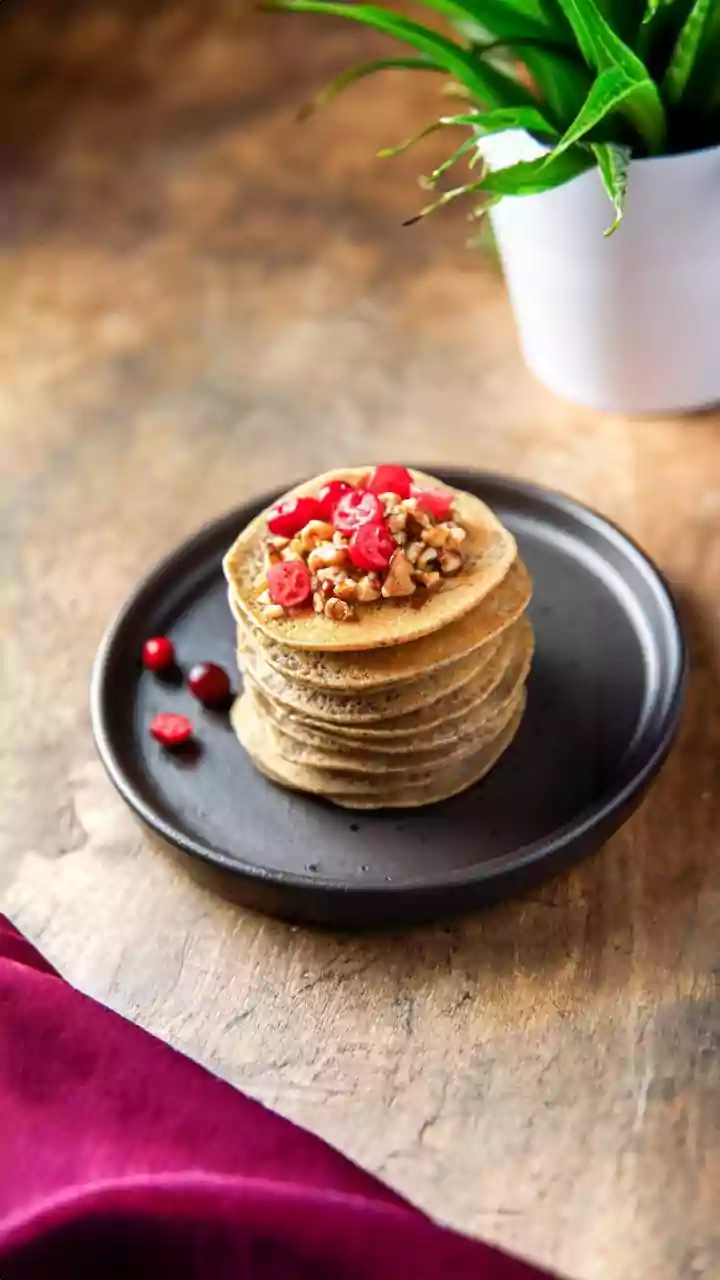Chia Seeds Unveiled
Chia seeds, derived from the desert plant Salvia hispanica, have gained immense popularity as a superfood. Originating from Central and South America,
chia seeds were a staple in ancient Aztec and Mayan diets, valued for their energy-boosting and nutritional properties. These tiny, oval-shaped seeds are packed with essential nutrients, including fiber, omega-3 fatty acids, and antioxidants. The high fiber content is particularly beneficial, contributing to digestive health and aiding in managing cholesterol levels. Omega-3 fatty acids, crucial for cardiovascular health, are also abundant. Antioxidants combat free radicals, which helps protect cells from damage. Chia seeds are versatile, easily added to various dishes, making them a simple addition to any diet, helping boost overall health and well-being.
Lowering Cholesterol
The fiber in chia seeds is a critical component in cholesterol management. Specifically, chia seeds contain soluble fiber, which binds to cholesterol in the digestive system, preventing its absorption. This process helps reduce LDL cholesterol, often referred to as the 'bad' cholesterol, a key factor in heart disease development. Studies show that regular consumption of chia seeds can contribute to a noticeable drop in LDL cholesterol levels. Apart from fiber, chia seeds have other compounds that boost heart health. They also help to prevent plaque buildup in arteries, reducing the risk of heart attacks and strokes. Consuming chia seeds regularly, alongside a balanced diet and an active lifestyle, can be a natural and effective strategy for managing cholesterol and promoting a healthier heart.
Managing Blood Pressure
Besides cholesterol management, chia seeds also play a role in regulating blood pressure. The presence of omega-3 fatty acids, potassium, and magnesium in chia seeds is particularly beneficial. Omega-3 fatty acids help to relax blood vessels, which reduces the strain on the cardiovascular system and can contribute to lower blood pressure levels. Potassium, an essential mineral found in chia seeds, counteracts the effects of sodium in the body, helping to keep blood pressure in check. Magnesium also contributes by promoting relaxation of blood vessels. For those with hypertension or at risk of developing it, incorporating chia seeds into their diet can be a helpful step. However, it's crucial to complement chia seed consumption with other heart-healthy habits, such as regular exercise, a diet low in sodium and processed foods, and consistent monitoring of blood pressure.
Integrating Chia Seeds
Adding chia seeds to your diet is incredibly easy. They have a mild flavor and can be incorporated into various meals and snacks. One of the simplest ways is to sprinkle them on top of yogurt, oatmeal, or salads. You can also add them to smoothies to increase the fiber content and nutritional value. Chia seeds can be used as a thickening agent in sauces and puddings, adding a creamy texture. Another popular method is to make chia seed pudding by mixing the seeds with milk or a non-dairy alternative and letting it sit for a few hours to absorb the liquid and form a gel-like consistency. The recommended serving size is usually 1-2 tablespoons daily, which provides a significant boost in fiber and other nutrients. Starting with a smaller amount, especially for those new to chia seeds, and gradually increasing the intake, can help minimize any digestive discomfort.


















